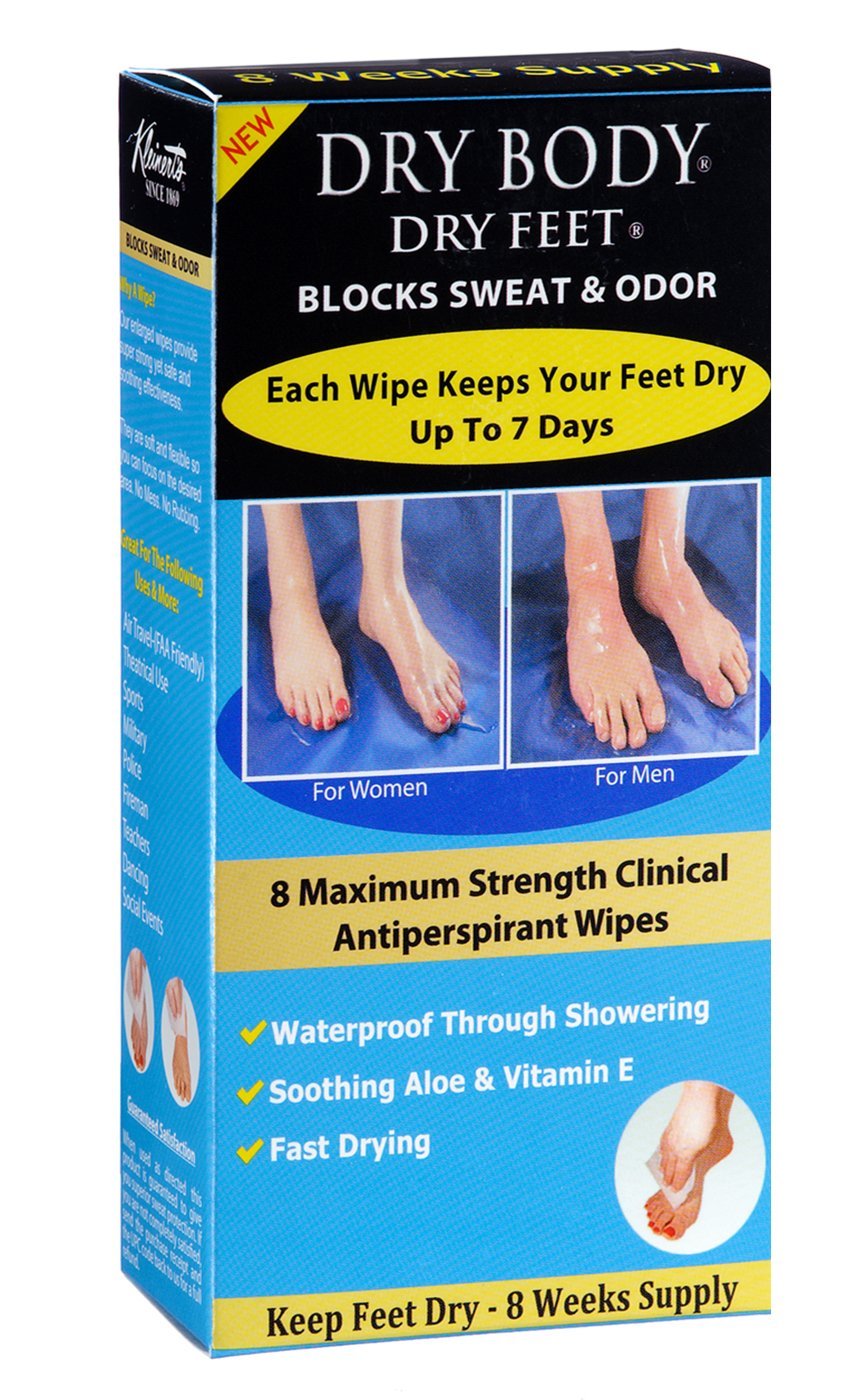Top Dermatology Treatments for Hyperhydrosis of Hands and Feet: What You Need to Know
Top Dermatology Treatments for Hyperhydrosis of Hands and Feet: What You Need to Know
Blog Article
Understanding the Source of Excessive Sweating and Its Effect On Daily Life
Excessive sweating, likewise called hyperhidrosis, is a problem that impacts a considerable part of the populace, yet its hidden reasons and ramifications on day-to-day working remain somewhat enigmatic. While it is commonly understood as a physical reaction to control body temperature level, the triggers for excessive sweating can differ commonly among individuals, incorporating not only physical factors yet likewise psychological and psychological components. In addition, the effect of this problem expands beyond simple pain, usually affecting social communications and total quality of life. By delving into the source of hyperhidrosis and discovering its multifaceted effects, a deeper understanding of this pervasive concern can be obtained, losing light on the intricacies that individuals coming to grips with extreme sweating browse every day.
Physiology of Sweat Glands
The policy of sweat production, a critical physiological procedure, is primarily regulated by the activity of sweat glands distributed across the human body. Sweat glands are categorized into 2 primary kinds: eccrine and apocrine glands.
When the body temperature level rises, either due to exercise, heats, or psychological stress, the nerves triggers the gland to produce sweat. This sweat is made up mostly of water and electrolytes like salt and chloride. The procedure of sweat production is crucial for keeping the body's internal temperature level within a slim, optimal range, highlighting the important function gland play in human physiology.
Triggers for Excessive Sweating
In understanding the origin of extreme sweating, it is vital to identify the triggers that can result in this physiological action. Too much sweating, additionally known as hyperhidrosis, can be triggered by various factors, both physiological and ecological. One common trigger is psychological stress and anxiety or anxiety, which can boost the body's sweat glands to produce more sweat than is required for cooling. Physical exertion, heats, and spicy foods are likewise recognized to trigger excessive sweating in individuals vulnerable to this problem. Furthermore, particular medical conditions like menopause, diabetes, or hyperthyroidism can add to too much sweating as well.
Additionally, medications such as some antidepressants, opioids, and specific supplements can likewise work as triggers for hyperhidrosis. Understanding these triggers is necessary in handling extreme sweating efficiently - How to stop sweaty hands. By determining and addressing the details triggers that trigger excessive sweating in a private, healthcare service providers can create customized treatment strategies to minimize this problem and improve the person's top quality of life
Medical Conditions Associated
Connected with too much sweating are different clinical conditions that can intensify this physical feedback. One usual condition is hyperhidrosis, a disorder characterized by extraordinarily raised sweating that surpasses the body's thermoregulatory needs. This can show up in focal areas like the hands, soles, underarms, or face, affecting a person's top quality of life due to social humiliation and pain.
In addition, endocrine disorders such as hyperthyroidism, diabetes mellitus, and menopausal hot flashes can likewise bring about extreme sweating. Hyperthyroidism creates an overproduction of thyroid hormonal agents, increasing metabolic process and setting off sweating. Diabetes can cause sweating episodes, particularly during hypoglycemic episodes when blood glucose levels drop too low. Menopausal warm flashes, associated to hormone changes throughout menopause, can trigger unexpected and extreme sweating, commonly gone along with by flushing and heart palpitations.
In addition, infections like endocarditis, consumption, and hiv have actually been related to night sweats, a common signs and symptom recognized to interfere with rest and affect general health. These clinical conditions highlight the varied variety of underlying factors that can contribute to extreme sweating, requiring thorough examination and monitoring by health care specialists.
Psychological and Psychological Variables

Effect On Social Interactions
Excessive sweating can have profound impacts on an individual's capability to engage conveniently in social interactions. The noticeable signs of sweat stains or wet patches on clothing can result in embarrassment and self-consciousness, triggering people to take out from social scenarios. This withdrawal can affect partnerships, restriction social tasks, and hinder personal and professional growth.

In addition, the stress and anxiety and self-worth issues stemming from too much sweating can influence communication and social skills. Individuals might have a hard time to focus on discussions, take part in team tasks, or reveal themselves confidently. This can lead to feelings of seclusion and isolation, as social connections end up being testing to keep.
Final Thought

While it is generally comprehended as a physiological reaction to regulate body temperature, the triggers for excessive sweating can differ widely amongst people, encompassing not only physical variables yet psychological and additionally emotional elements. By delving right into the root How to stop sweaty hands causes of hyperhidrosis and exploring its complex impacts, a deeper understanding of this pervasive problem can be acquired, dropping light on the complexities that people grappling with extreme sweating browse on an everyday basis.
Physical exertion, high temperature levels, and spicy foods are also known to cause too much sweating in individuals prone to this problem. By recognizing and dealing with the certain triggers that trigger excessive sweating in a private, healthcare suppliers can develop personalized treatment strategies to relieve this condition and enhance the individual's high quality of life.
Extreme sweating can have profound impacts on a person's capability to engage pleasantly in social interactions.
Report this page